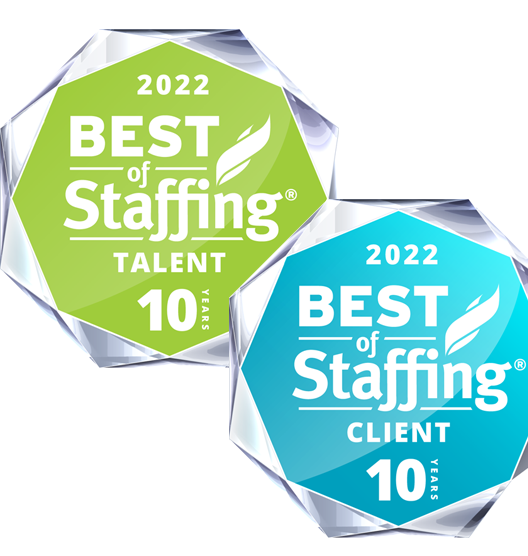Attention Management vs. Time Management: Five Ways to Emphasize What Truly Matters
|
|

"I arise in the morning torn between a desire to improve (or save) the world and a desire to enjoy (or savor) the world. This makes it hard to plan the day. " -- E.B. White, American writer and co-author of Elements of Style. When it comes to using modern English, E.B. White, along with his mentor William Strunk, have influenced the style, readability, and productivity of five generations of Americans. If such a towering literary presence had trouble focusing his productivity, then it's no surprise the rest of us do. Indeed, the entire industry of time management has grown up around our desire to use our most limited of resources effectively, so we can accomplish as much as possible in what time we have. Time management has become one of the more ingrained productivity toolkits of the modern worker. Now, we all know "time management" is misnamed; in truth, you manage not time, but yourself. And as a growing number of observers have begun to realize, mere "self-management" isn't enough. What matters is rigorously managing your attention, making mindfulness your touchstone. Scheduling something doesn't mean you'll do it, or, if you do, that you'll reach your goals for the task. That doesn't mean you should blow off your to-do lists. They remain ideal organizers of tasks both daily and long term. But rather than focus on traditional time management, focus on, well, focus:
If a task is a priority, it requires blocks of your consciousness applied as deliberately and consistently as possible. You can put that meeting or deadline on your schedule; however, being organized won't matter if you don't focus on it enough to get it done. Laura Stack, MBA, CSP, CPAE is an award-winning keynote speaker, bestselling author, and noted authority on productivity and performance. Funny, engaging, and full of real life strategies that work, Laura will change mindsets and attitudes so your people can maximize productivity, strengthen performance, and get the job done right. Her presentations at corporate events, sales kick-off meetings, and association conferences help audiences improve output, increase speed in execution, and save time in the office. Stack has authored seven books, including her newest work, Doing the Right Things Right: How the Effective Executive Spends Time (Jan. 2016). |
|
resource center
The Watercooler Blog
Get workplace tips and trends related to employee retention, engagement, interviewing and more.
Fill 'er up
Top 0.5% in America!
PrideStaff has earned ClearlyRated's Best of Staffing Client and Talent 10-Year Diamond Awards for 3+ years. Less than 0.5% of all staffing firms receive this level of achievement.
See all our awards



